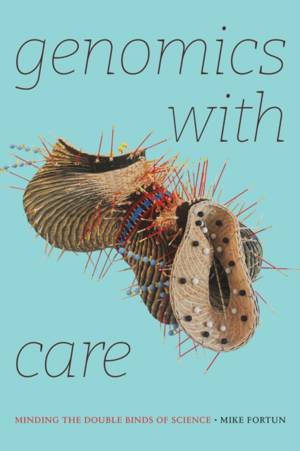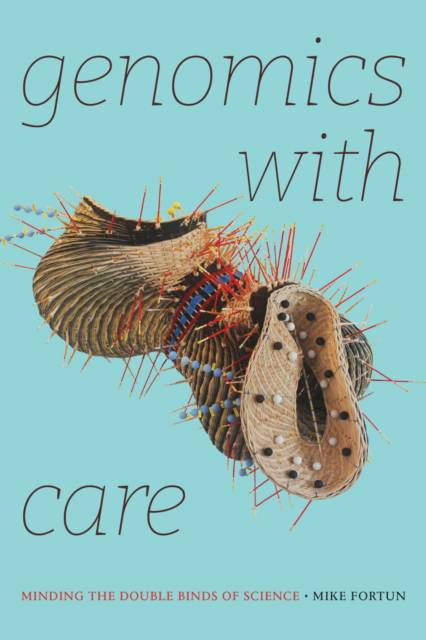
- Afhalen na 1 uur in een winkel met voorraad
- Gratis thuislevering in België vanaf € 30
- Ruim aanbod met 7 miljoen producten
- Afhalen na 1 uur in een winkel met voorraad
- Gratis thuislevering in België vanaf € 30
- Ruim aanbod met 7 miljoen producten
Zoeken
Omschrijving
In Genomics with Care Mike Fortun presents an experimental ethnography of contemporary genomics, analyzing science as a complex amalgam of cognition and affect, formal logics and tacit knowledge, statistics, and ethics. Fortun examines genomics in terms of care--a dense composite of affective and cognitive forces that drive scientists and the relations they form with their objects of research, data, knowledge, and community. Reading genomics with care shows how each resists definition yet is so entangled as to become indistinguishable. Fortun analyzes four patterns of genomic care--curation, scrupulousness, solicitude, and friendship--seen in the conceptual, technological, social, and methodological changes that transpired as the genetics of the 1980s became the genomics of the 1990s, and then the "post-genomics" of the 2000s. By tracing the dense patterns made where care binds to science, Fortun shows how these patterns mark where scientists are driven to encounter structural double binds that are impossible to resolve, and yet are where scientific change and creativity occur.
Specificaties
Betrokkenen
- Auteur(s):
- Uitgeverij:
Inhoud
- Aantal bladzijden:
- 360
- Taal:
- Engels
- Reeks:
Eigenschappen
- Productcode (EAN):
- 9781478017233
- Verschijningsdatum:
- 4/08/2023
- Uitvoering:
- Hardcover
- Formaat:
- Genaaid
- Afmetingen:
- 157 mm x 236 mm
- Gewicht:
- 635 g

Alleen bij Standaard Boekhandel
+ 303 punten op je klantenkaart van Standaard Boekhandel
Beoordelingen
We publiceren alleen reviews die voldoen aan de voorwaarden voor reviews. Bekijk onze voorwaarden voor reviews.








